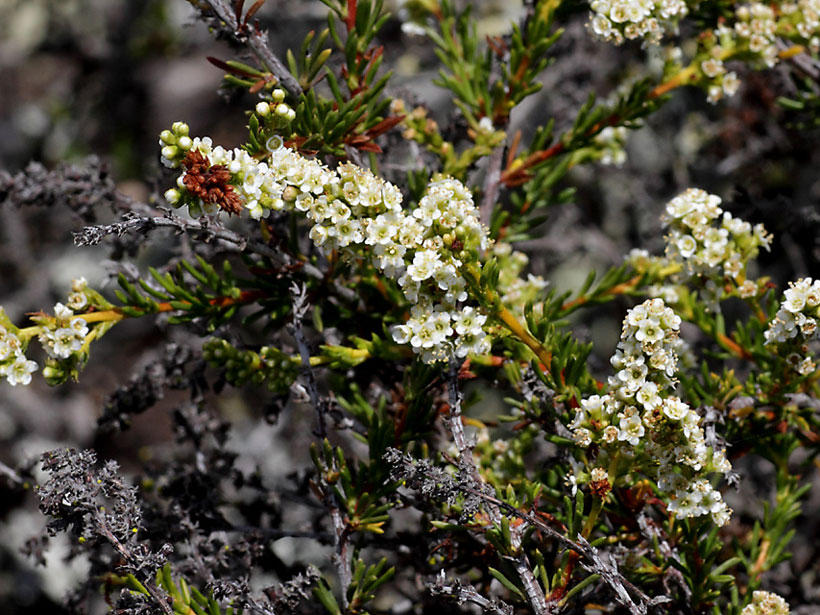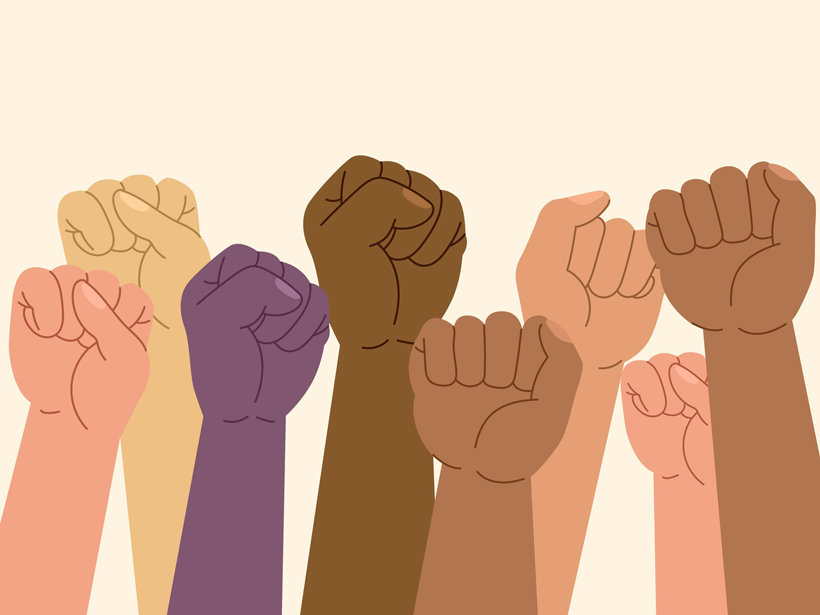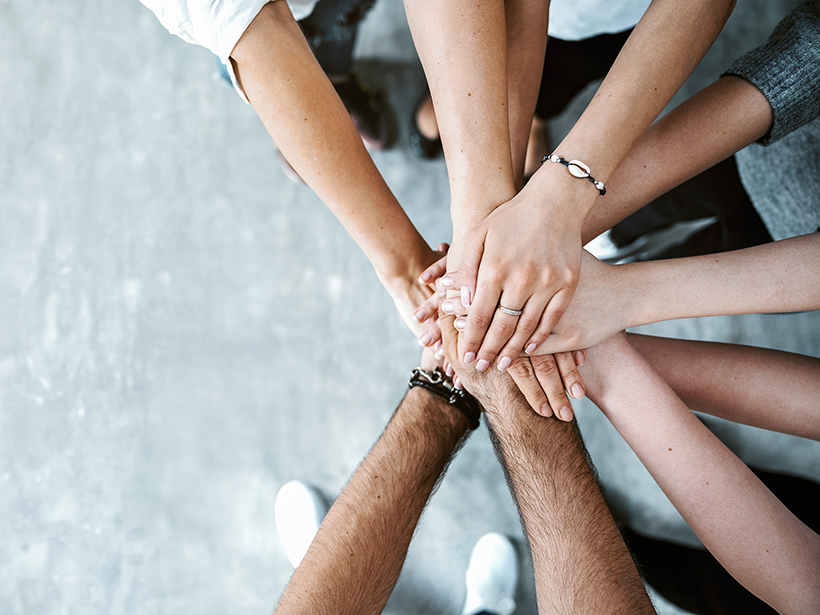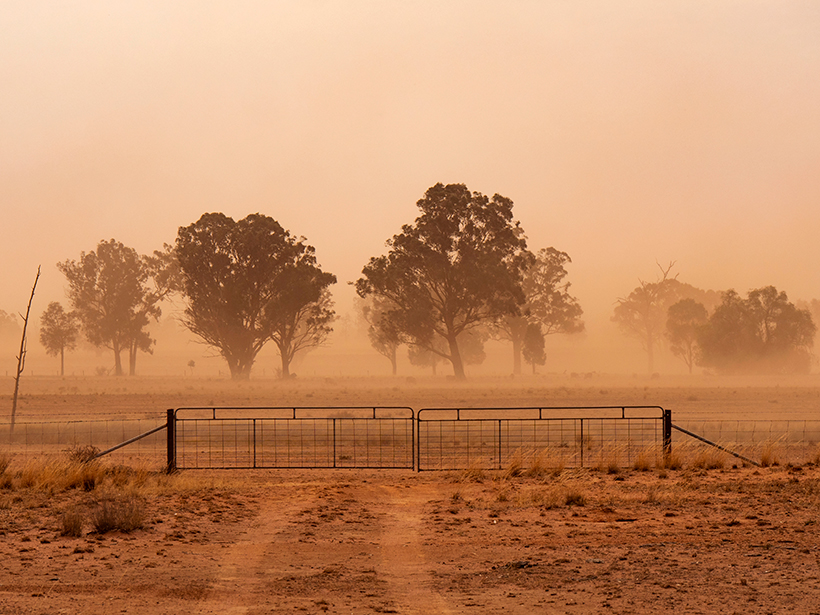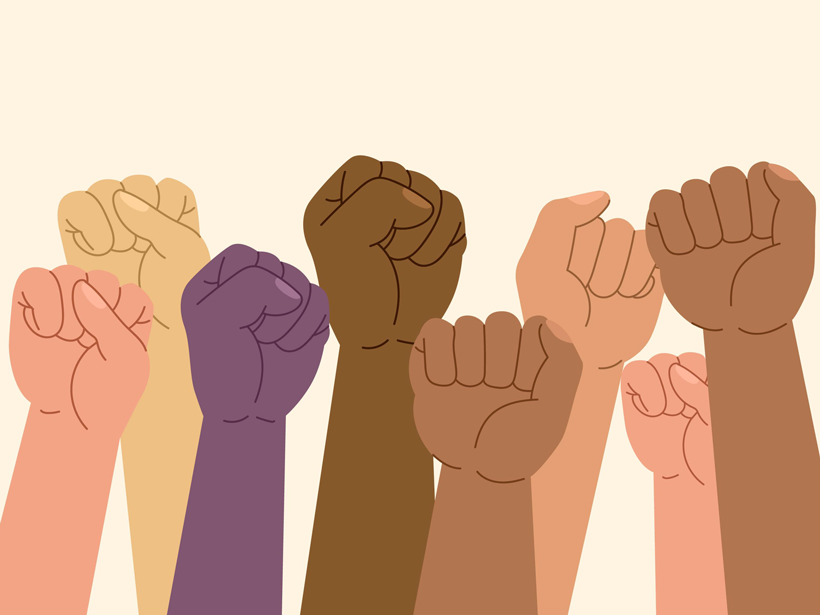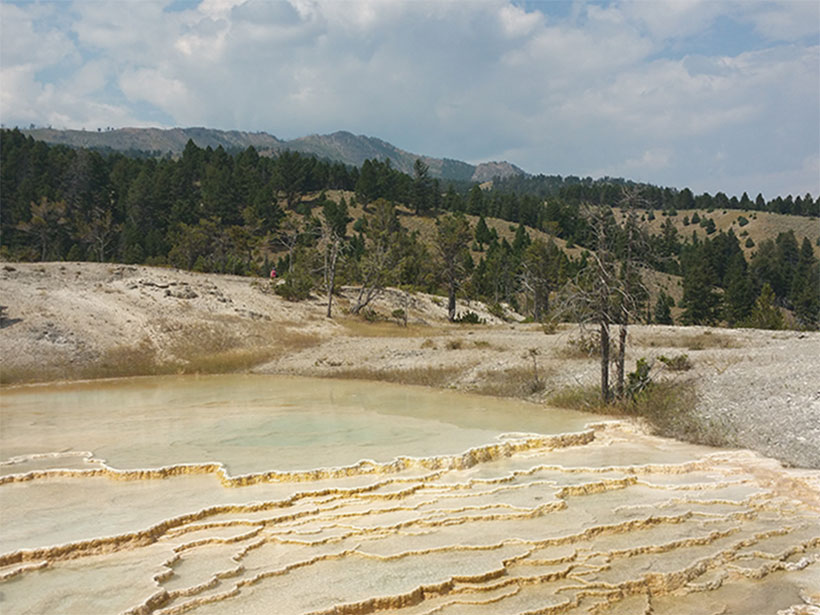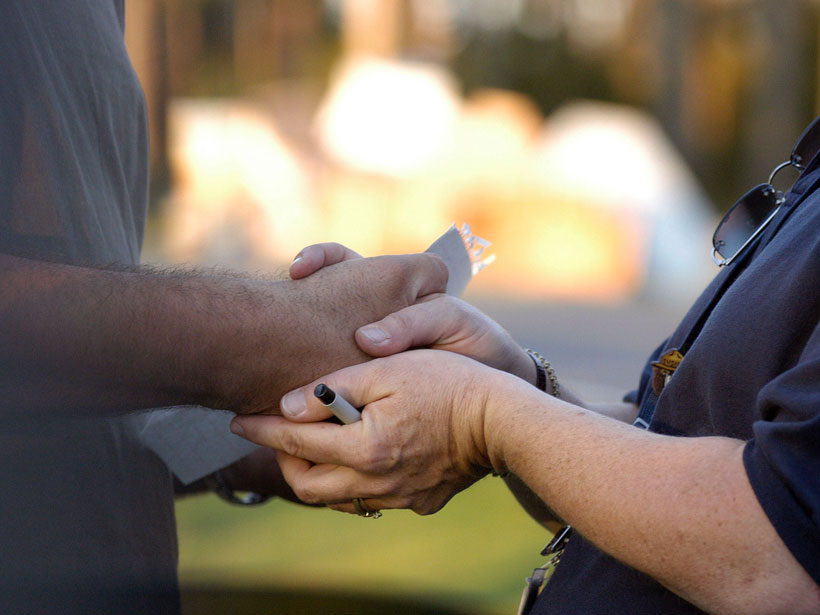Adolescents exposed to higher levels of ozone experienced an increase in depressive symptoms.
mental health
Higher Education During the Pandemic: Truths and Takeaways
Students and faculty in higher education have faced countless disruptions since early 2020, exacerbating problems with mental health but also revealing positive ways to reshape teaching and learning.
Changing the Culture of Fieldwork in the Geosciences
The need to address harassment in field campaigns is growing more urgent. A new workshop provides scientists with a broad set of tools to create more inclusive, safe, and functional field teams.
Reading the Leaves to Track Environmental Hazards and Health
The USA National Phenology Network is small but mighty, helping scientists and resource managers assess natural hazards and seasonal phenomena that affect society in numerous ways.
Cómo combatir el acoso y la discriminación en las geociencias
Aquí hay 10 pasos prácticos que los científicos pueden tomar para contrarrestar los efectos perjudiciales de entornos laborales académicos abusivos.
Suicide Rates May Rise After Natural Disasters
Rates of suicide increased most dramatically in the second year after a disaster, after many postdisaster mental health assistance programs expire.
Long-Term Drought Harms Mental Health in Rural Communities
In rural and remote communities in Australia, psychological distress worsened during the first few years of a prolonged drought. Other signs of poor mental health persisted beyond that time.
How to Combat Bullying and Discrimination in the Geosciences
Here are 10 practical steps that scientists can take to counteract the detrimental effects of abusive academic work environments.
Ten Steps to Protect BIPOC Scholars in the Field
Institutions should heed these recommendations to prepare faculty and students for discrimination and racialized violence before traveling and to protect them once in the field.
The Emotional Toll of Climate Change on Science Professionals
Earth scientists and communicators dealing with or studying climate change face many potential stressors. They need support and resources to maintain and improve their emotional well-being.




